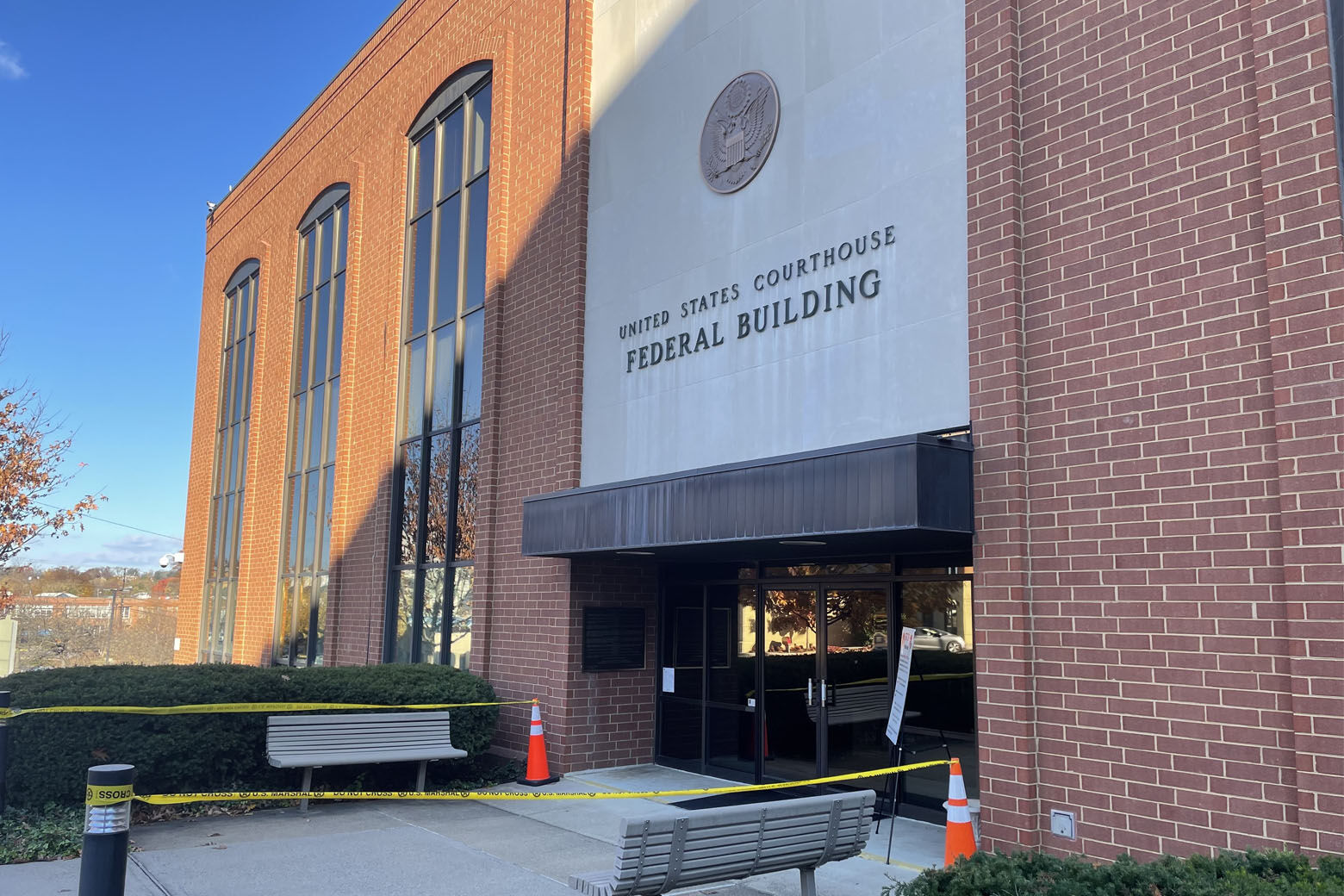
Jurors in a federal courthouse in Charlottesville, Virginia, have a lot of questions to answer when they deliberate in the civil trial against organizers of the violent 2017 Unite the Right Rally.
Nine people who allege they suffered physical harm and emotional distress during Aug. 11 and 12, 2017, when white nationalists, white supremacists and neo-Nazis descended on Charlottesville, filed a lawsuit against rally organizers.
The initial question facing jurors: Did the white supremacists and hate groups conspire to commit racially motivated violence in Charlottesville.
Many of the defendants are already serving jail and prison terms for crimes committed during the weekend, including James Alex Fields Jr., who is serving life in prison for driving his Dodge Challenger into a group of counterprotesters, killing Heather Heyer and injuring dozens more.
The procedures and burdens in a civil trial are different from a criminal trial. In a criminal trial, a jury must unanimously determine that a defendant is guilty beyond a reasonable doubt.
”For this case, which is civil, the question isn’t about guilt — it’s called liability,” said Carl Tobias, professor at University of Richmond School of Law.
”And, the plaintiff has to prove the case by a preponderance of the evidence — that is 51%,” said Tobias.
The plaintiffs include four people who sustained serious physical injuries, and five who were emotionally traumatized by the event, including counterprotesters and Charlottesville residents.
”What plaintiffs are seeking is damages for the harm done to them,” Tobias said.
The first question facing jurors: “Is liability to be imposed, and on whom is it to be imposed,” Tobias said. “Will it be on all of the defendants, or some of the defendants.”
In a multipart question on a civil jury verdict sheet: “Then the question comes as to damages, and how much should that be,” Tobias said.
During closing arguments, Roberta Kaplan, a lawyer for the plaintiffs, suggested a range of $7 million to $10 million for each of the four plaintiffs who were injured in the car attack, and $3 million to $5 million for plaintiffs injured in street clashes or those emotionally injured by witnessing the violence.
Kaplan said the awards would be for compensatory damages, or “pain and suffering.” Jurors also are able to impose punitive damages, to penalize the defendants.
During the trial and closing arguments, defendants in some cases blamed each other, attempting to minimize their role and liability. Some defendants said they were engaging in Constitutionally-protected hate speech — others said their bluster was a joke.
Lawyers for the plaintiffs suggested there was plenty of blame to go around.
“We sued the people who were responsible — the leaders, the promoters, the group leaders, the people who brought the army, the people who were the most violent members of the army,” said Karen Dunn, another attorney for the plaintiffs. “Those are the people who we ask you to hold accountable today.”
After determining liability and damages to be awarded, Tobias said U.S. District Court Judge Norman Moon will likely ask jurors to determine how much each defendant should pay.
”The questions — what was their role in organizing, what was their connection to the injuries, and how much did they contribute to causing the injuries to each plaintiff,” Tobias said.
”Or, the court might just say, ‘Let’s divide it equally among that number of defendants, so that the plaintiff is going to be made whole,’” he said.
In addition to Fields, the defendants include Jason Kessler, the lead organizer of the Unite the Right Rally, and Richard Spencer, who spoke at the rally, and coined the term “alt-right.”
In his closing argument, Fields’ lawyer David Campbell said his client committed racially motivated violence in Charlottesville, but said he was not part of the conspiracy. Campbell said financially punishing his client would accomplish little, since he is already spending life in prison.
“Maybe the jury will find that some had such a tiny percentage [of involvement in the conspiracy], so they shouldn’t have many damages imposed on them — and then others will pick up a larger percentage,” said Tobias.
The Associated Press contributed to this report.








